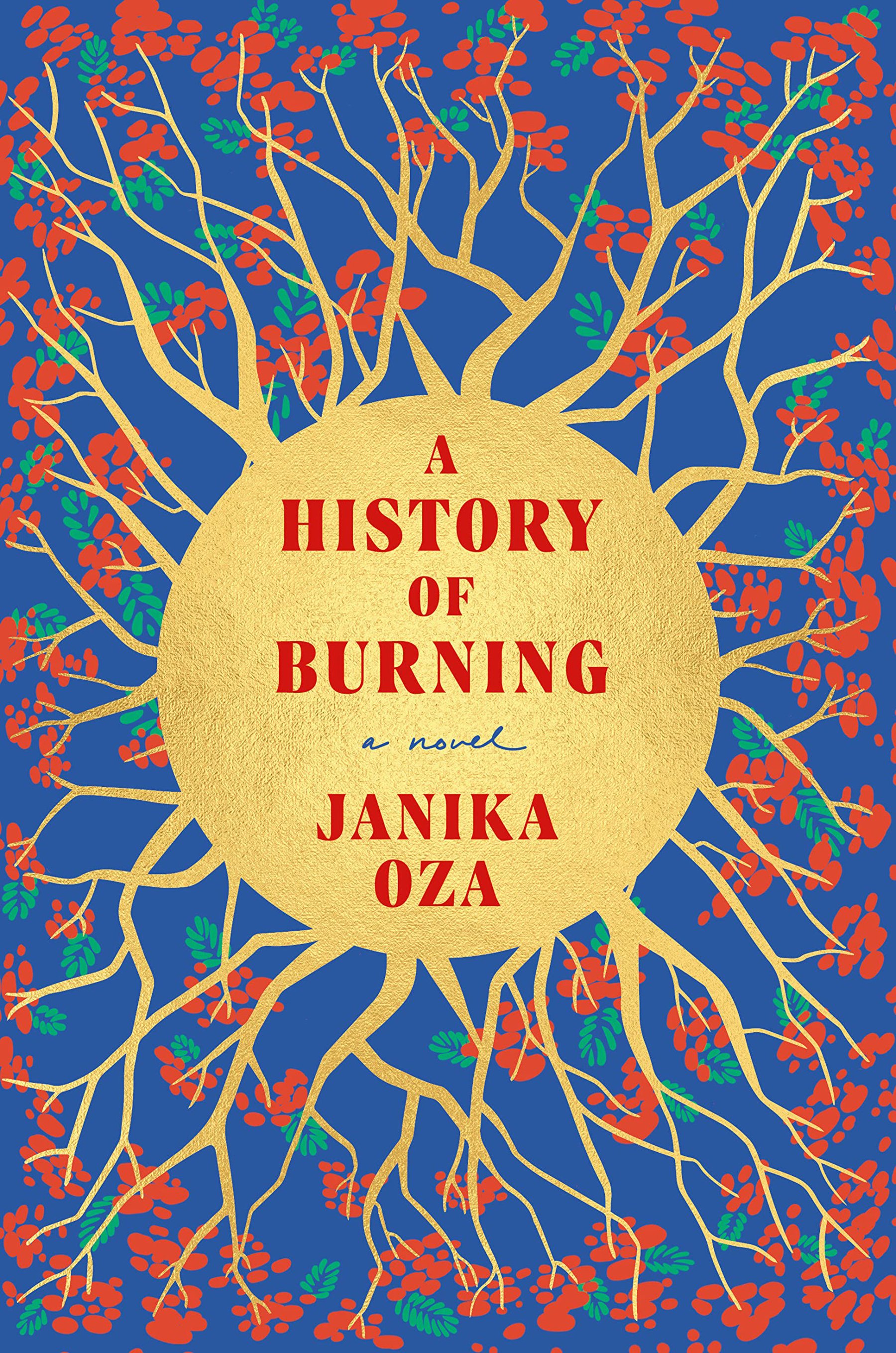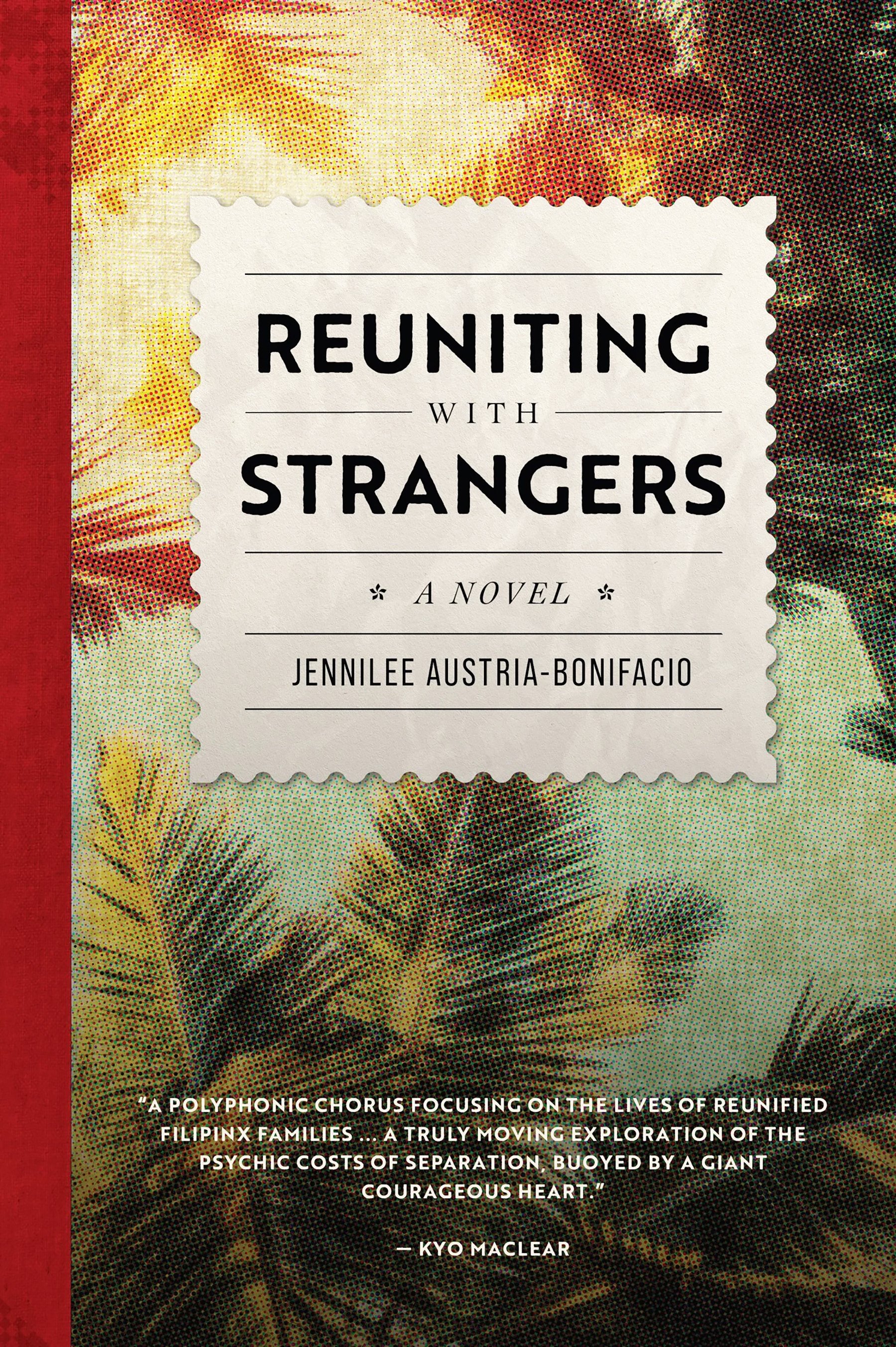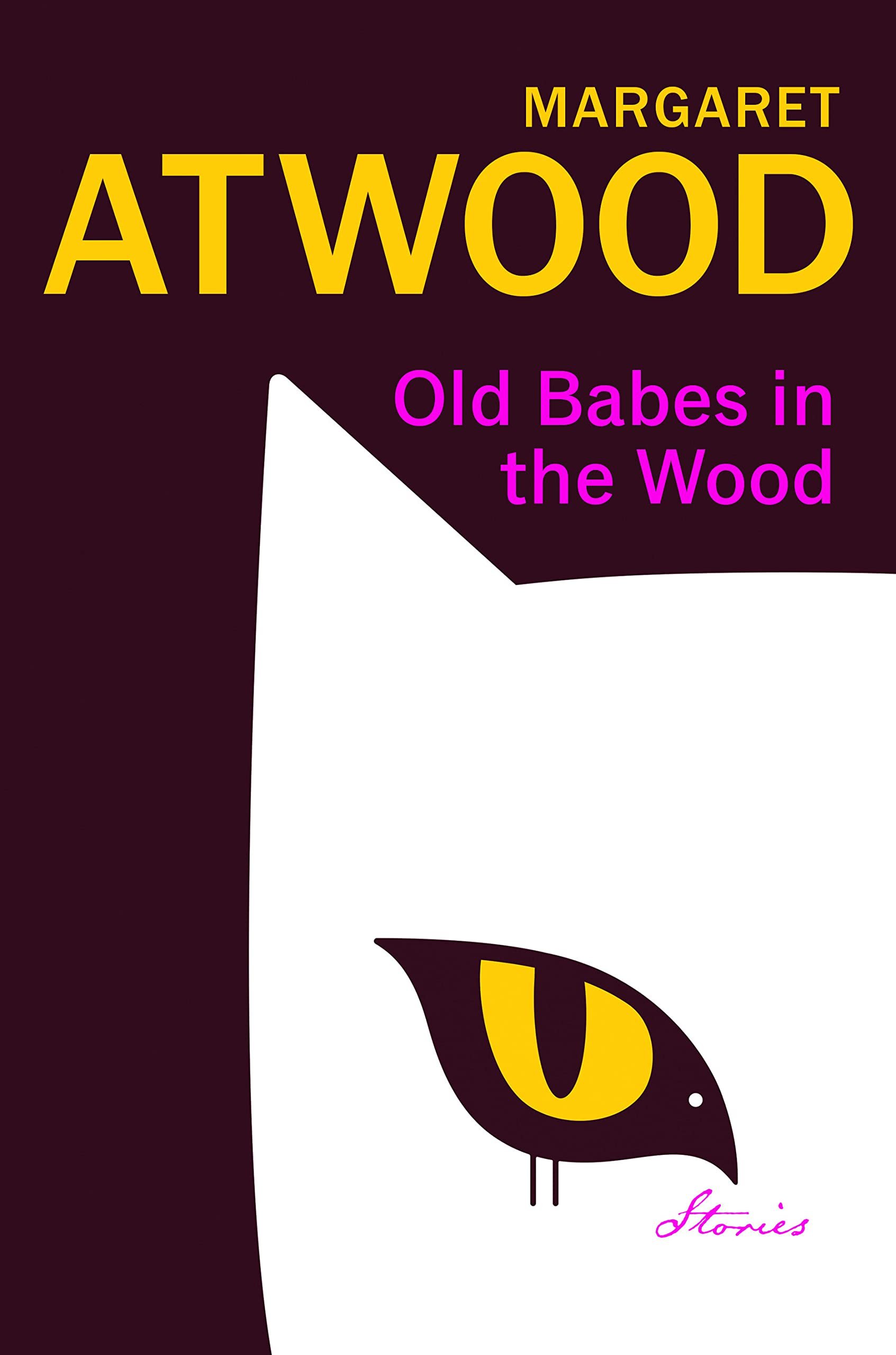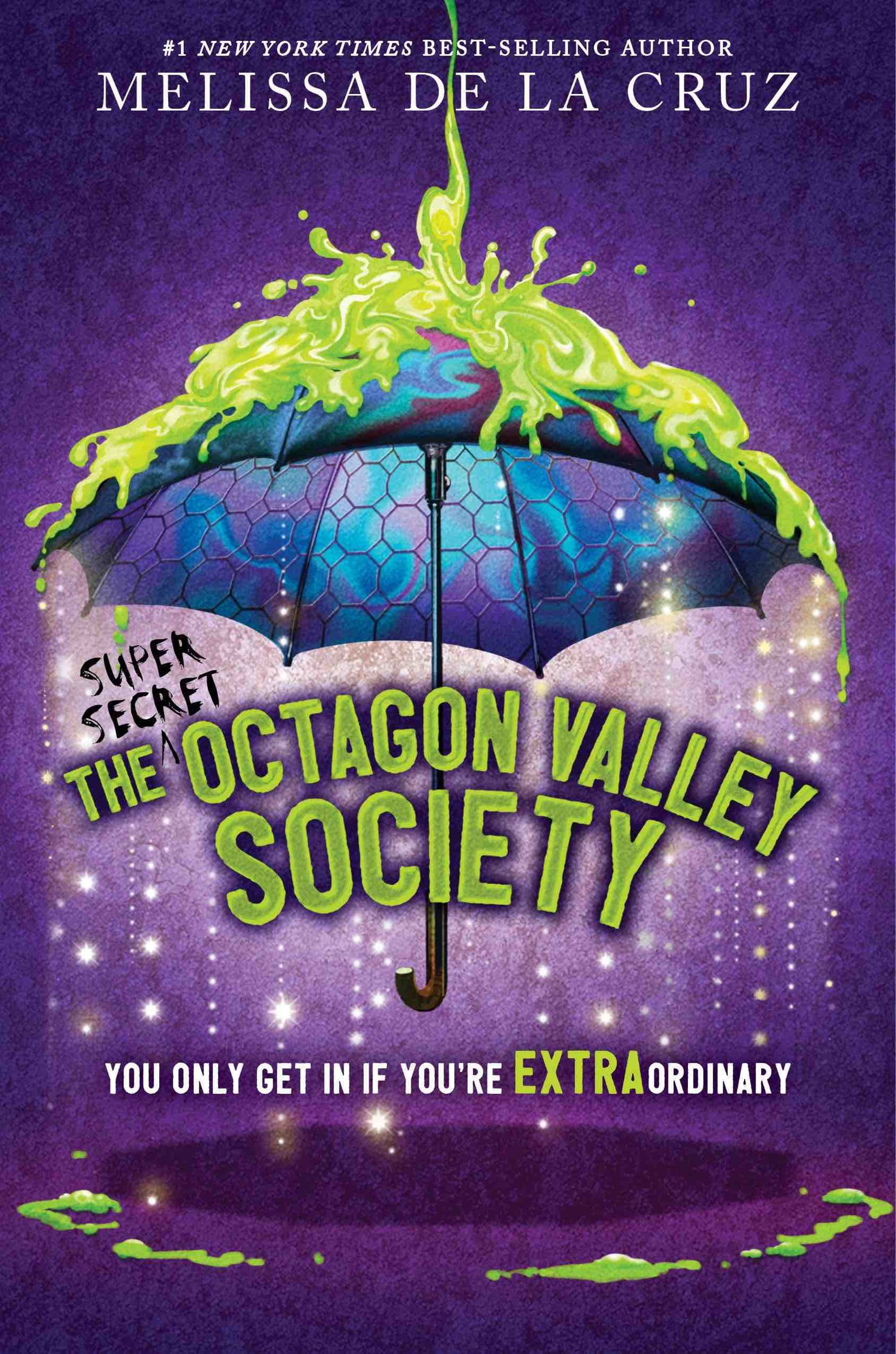BOOKWORM
WHEN IN ROME
Roman Stories by Jhumpa Lahiri, Alfred A. Knopf, $27. An Indian author whose debut collection of short-stories, Interpreter of Maladies, won the Pulitzer Prize for Fiction in 1999, moves to Rome and takes to writing in Italian. To thinking in Italian.
She becomes so skilled at it that she is named Commendatore of the Italian Republic. But for me as a reader, what is even more phenomenal – if not outright mind-boggling – is the fact that she now translates her work in Italian into English. Wouldn’t a regular person’s brain be hard-wired to just write in English?
Roman Stories is translated by Jhumpa Lahiri and Todd Portnowitz.
An immigrant family confronts the devastating aftershocks of racial violence. A young couple discovers the joy of domestic comfort and then spirals into unrelenting misfortune.
A woman in a veil and a long dress walks by and a man observes, “In twenty years, they’ll all be that way.”
There’s no need for gratuitous details to convey the sharp hurt those words can inflict.
The word alna, a wooden rack in Bangla, provides a clue to where a person comes from.
A professor says Rome is the only place she really feels at home. As she says this, however, she fears that her relationship with the city is actually quite tenuous. In the end, she has no personal link to the history she studies...
One can’t help but wonder, is the professor Lahiri herself?
The nine short stories in the book in which Rome – and a particular set of ancient steps – play a central role are all in her signature spare and beautiful prose, all underlined with melancholy.
Dislocation, visibility and invisibility, straddling worlds and cultures, and the meaning of home... all can be found in these stories, as in much of her previous work.
HISTORY REPEATS ITSELF
A History of Burning by Janika Oza, McClelland & Stewart, $36. Thirteen-year-old Pirbhai is fooled into signing up for a job that takes him across the ocean to work on the East African Railway for the British.
The brutal conditions the men laboured under, the native workers kept apart from those shipped in. “Beneath the fierce sun their skins took on the same hues, but the difference was in their hands: black hands, thorn-bloodied and nails split by stone; brown hands, rigid with splinters, oozing dirty pus where infection took root.” Of the railway they built together but in which “it’ll be British in first class, Indian in second, African in third”. In Africa.
With no rights, money or voice, but a strong will to survive, the choices that are thrust upon him and the decisions he makes reverberate across generations. His children thrive in Uganda, until Idi Amin’s reign causes yet another upheaval.
In Canada, unconscious bias dictates a teacher’s appraisal of a little immigrant boy. And how that boy, older than his years, shaped by his family’s experiences, protects his family from the truth.
The universal teenage push and pull of emotions heightened by family and cultural tabboos. She could be free only in secret, in the hungry expanse of her mind.
Individual trajectories and mass displacement play out against the small details that spell magic. Ma had heated food from the yoghurt tubs she brought. Single-use plastics? What’s that, haan?
Janika Oza delivers a story that begins in India in 1808 and continues in the Toronto of 1996, weaving in political and historical details against the minutiae of lives lived, of people hungry for a community, a sense of belonging. Of hanging on to the old ways while learning a new language so the new generation comfortably straddles both. Still seeking a place to call home.
NEAR AND SHOULD BE DEARER
Reuniting with Strangers by Jennilee Austria-Bonifacio, Douglas & McIntyre, $22.95. We read of the hardships faced by temporary foreign workers. We learn that Canada is bringing in more people to work in the health sector and related fields and this includes personal support workers and caregivers. And that the much touted “family reunification” immigration stream will provide new opportunities for family members.
Reuniting With Strangers takes us behind the scenes, into the homes and hearts of Filipino caregivers in Canada and those they leave behind. Sometimes for years, as they save every penny and work towards reuniting with loved ones who at that point, are basically strangers.
In nine linked stories, we meet different women in different cities, and a child, Monolith, who moves in and out of their lives.
“Why do we call it ‘the motherland’ when it isn’t even where our mothers are?” asks one.
“When I was a toddler and you decided to work abroad, did you know that it would be thirteen years until we saw each other again?” questions another.
Each a valid query, each filled with the pain of what they deem abandonment. Not thinking of the iPads and the fancy clothes, the education in the best schools, the medical needs of grandparents that a woman’s working abroad makes possible.
“The boys need a provider,” you reply coldly. “And you know the saying: a good parent is a good provider, and a good provider is one who leaves.”
We become privy to the hopes, the dreams, and the pain and the isolation.
COMIC INTERLUDE
By TAPAS EASWAR
The Mysteries by Bill Watterson, Andrews McMeel Publishing, $26.99. Aside from a few panels that Bill Watterson drew for a webcomic in 2014, this is his first real substantive piece of work since Calvin and Hobbes rode their toboggan down the hill one last time in December 1995.
This is nothing at all like Calvin & Hobbes. Instead, this is a “fable for grown-ups,” and that is absolutely true. The tone throughout, while quite creepy in parts, is very fable-esque in how it tells a simple, straightforward story.
About how the fear of the unknown can hold us back, and how simultaneously, a lack of respect and understanding for our own limits as a species can bring untold disaster. The analogies to real-world issues such as climate change and the creeping rise in extreme far-right authoritarian figures are not subtle.
Its pure black-and-white borderline photorealistic (and extremely atmospheric) art style to the sparse text mean this is more of a graphic novel than a book in the traditional sense. But unlike most graphic novels, which tend to be more tome-like, this is a quick read. It really invites you to spend time appreciating the art, and over time, the words.
This isn’t going to be for everyone. However, if you can set aside your predefined notions of what a Watterson piece is and should be, you are in for a treat. This is a gorgeous, and at times, deeply disturbing, work of art that you don’t just read, but rather experience.
IN THE WILDERNESS
The Beekeeper of Aleppo by Christy Lefteri, Ballantine Books, $36. Nuri is a beekeeper and Afra, his wife, is an artist. They live a simple life, rich in family and friends, in the hills of the beautiful Syrian city of Aleppo . When the unthinkable happens, when all the love is destroyed by war, Nuri knows they have no choice except to leave home. But escaping Syria will be no easy task. Afra has lost her sight. Their son, captured by Islamic militants, is missing and probably dead.
Christy Lefteri takes the reader along on Nuri’s perilous journey as he navigates his grief and dangerous roads to Turkey, and then onward to Greece.
We were led away from the port, up a small hill, to the registration center for new arrivals: a large tent. The place was brimming with refugees and soldiers and police officers who were wearing blue-mirrored sunglasses...People were restless as they waited to be identified. They wanted their papers so they could exist in the eyes of the European Union.
Heartache. Displacement. These would overwhelm even the bravest of souls. But Nuri and Afra must draw on reserves of strength that they did not know they possessed to confront their inner darkness, and step out into a new world and find a new life.
THE WARP AND WEFT OF LIFE
Old Babes in the Wood by Margaret Atwood, McClelland & Stewart, $37. In fifteen stories, Margaret Atwood explores the warp and weft of life. Two best friends disagree about their shared past. What’s the right way to stop someone from choking? A daughter must determine if her mother really is a witch. The stories feature beloved cats, a confused snail, Martha Gellhorn, George Orwell, philosopher-astronomer-mathematician Hypatia of Alexandria, a cabal of elderly female academics, and an alien tasked with retelling human fairy tales. The glorious range of Atwood’s creativity and humanity is on full beam in these tales, which by turns quietly devastate, illuminate, delight, and entertain.
COOKING UP A CONNECTION
Love and Saffron by Kim Fay, GP Putnam’s Sons, $32. In 1960s America, two women understand the key to a savoured life – delicious food.
Two strangers, one recipe and a friendship for the ages that will delight readers, and remind some of the soul-stirring correspondence between two other strangers that was 84 Charing Cross Road.
FUN FACTS
Weird But True! World 2024, National Geographic Kids, 29.99. This jumbo book is jam-packed with awesome oddities, wacky wonders, sensational sights and far-out facts about amazing animals, people, places, events.
LEFT BEHIND
Thirst by Varsha Bajaj, Nancy Paulsen Books, $12.49. The story of Minni who lives in the poorest part of Mumbai where she has to wait for hours for her turn at the communal tap.
Lately, though, even that limited access is threatened by water shortages and thieves who are stealing this precious commodity. At the building where she works as a maid, water streams out of every faucet and there’s a rooftop swimming pool. And a girl her age has the luxury to focus on her studies. For readers 10 up.
WHAT’S THE PASSWORD?
The Octagon Valley Society by Melissa De La Cruz, Hyperion, $24.49. A super secret society that only a few, a very few are admitted to. And they have to face an escape room challenge, a zero gravity chamber, a river full of piranhas... and a few ninjas!
TEEN REVIEW
By SOPHIA NARAYAN
Starlight by Richard Wagamese, McClelland & Stewart, $19.95. Content warning: Rape, abuse, racism.
Starlight, written by Richard Wagamese, is an unfinished novel, resultant of the author’s death. Often, the outcome is unexpected when dealing with the cycle of abuse and trying to escape it. Ending the novel at a point where either a positive or negative outcome is uncertain adds depth to the realism.
The novel, a sequel to Medicine Walk, focuses on Frank Starlight, an Indigenous man who found his connection to his heritage through the land and the beauty of nature. Emmy and her daughter meet Frank after running away from the violence of Jeff Cabot, and through his connections with nature, he helps them find their own home.
Wagamese verbalizes the pain and raw agony of rape, homeless-ness, domestic abuse, and racism. He does not sugarcoat the brutal reality; the words of his pages embed themselves into your mind. When Cabott is closing in on his search for Emmy, sheer terror emits from the page.
Richard Wagamese is a talented writer whose works forever articulate the pains of Indigenous communities and capture the beauty in healing.
• Sophia Narayan is a youth volunteer at Brampton Library.











